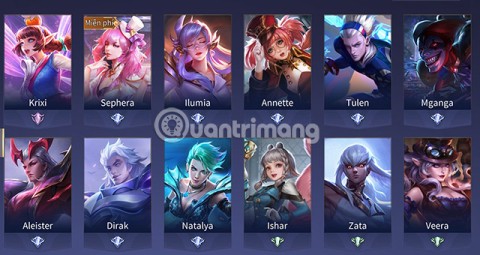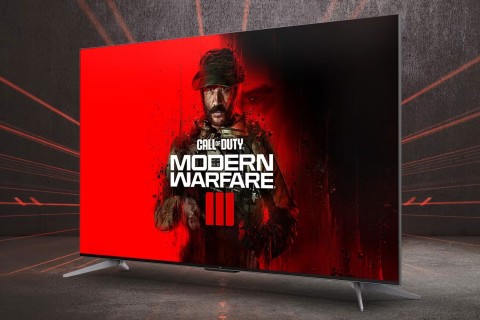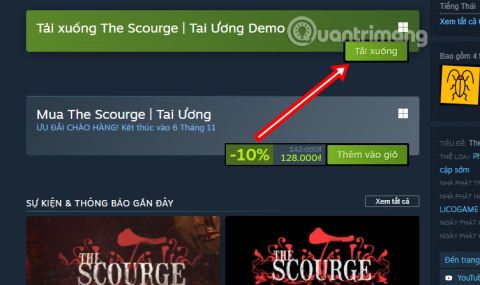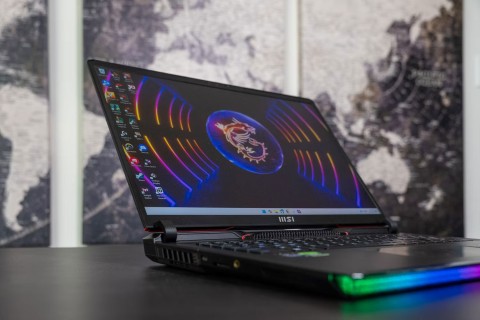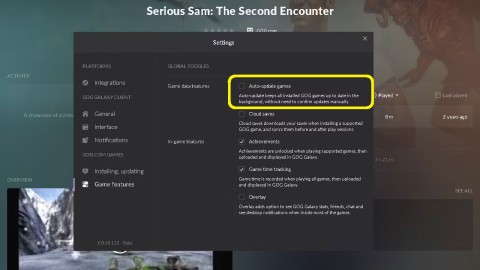The Technology Powering Todays Live Blackjack Experience
Walking into a casino has a specific vibe. You hear the chips clacking, see the cards shuffling, and feel the energy of the room.
The console wars were once a huge part of gaming culture, with fans fiercely defending their console of choice and companies fiercely competing for gaming market share. But what were the console wars, and are they over?
What is the console war?
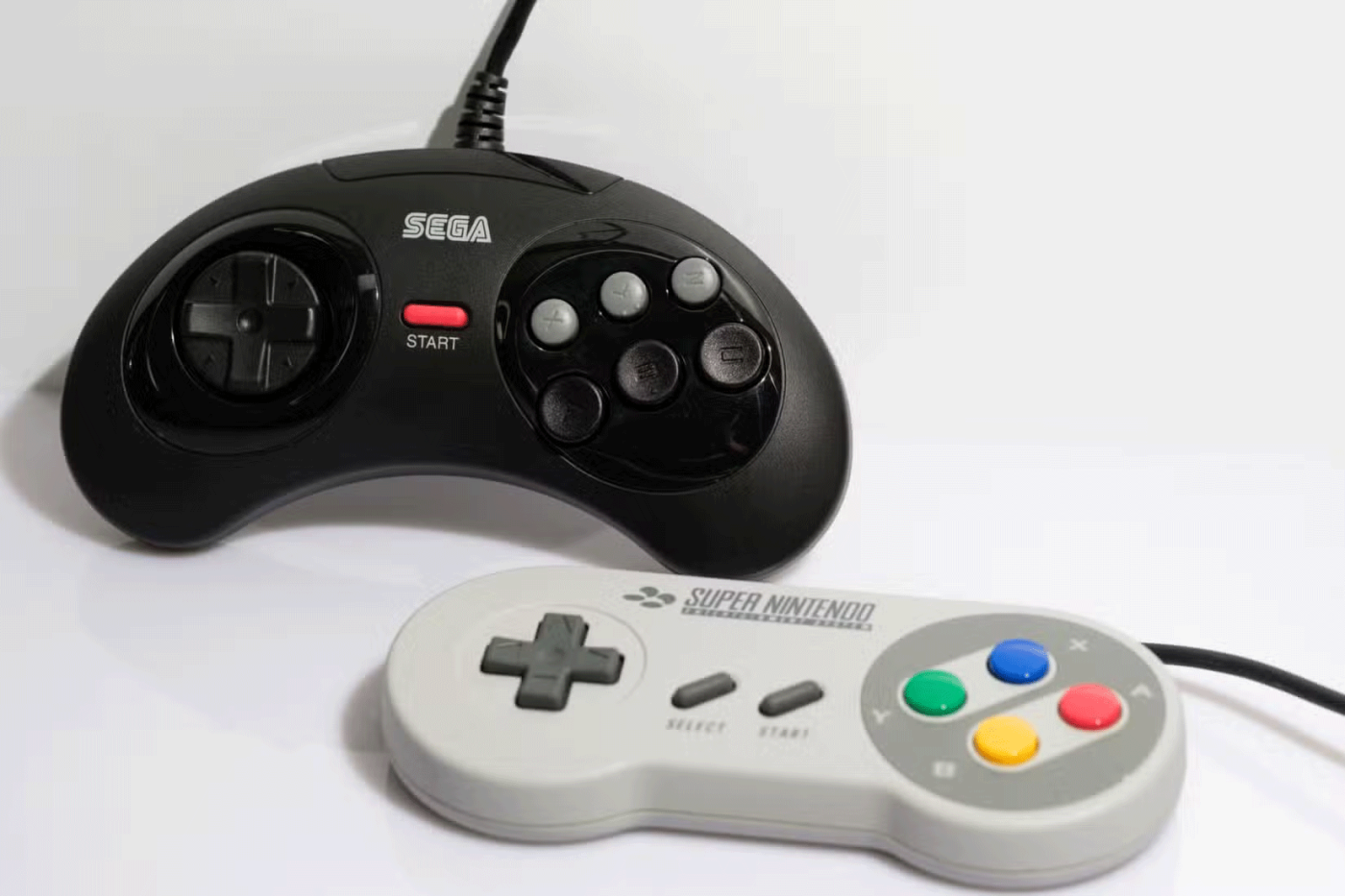
In essence, the console war refers to the fierce competition between major console manufacturers, each aiming for complete dominance in the market through advanced technology, exclusive games, and marketing strategies.
The first major console war dates back to the late 1980s and early ’90s with the legendary rivalry between Sega and Nintendo. Nintendo, with its venerable Nintendo Entertainment System (NES) and groundbreaking games like Super Mario Bros. and The Legend of Zelda, faced off against Sega’s bold new offering, the Genesis, which boasted superior processing power and iconic titles like Sonic the Hedgehog.
Despite a fierce fight to win, the Sega brand was ultimately unable to maintain its momentum against Nintendo. This led to Sega shifting away from console production entirely and focusing solely on software publishing. Today, Sega even produces games for rival platforms.
How did the console war play out?
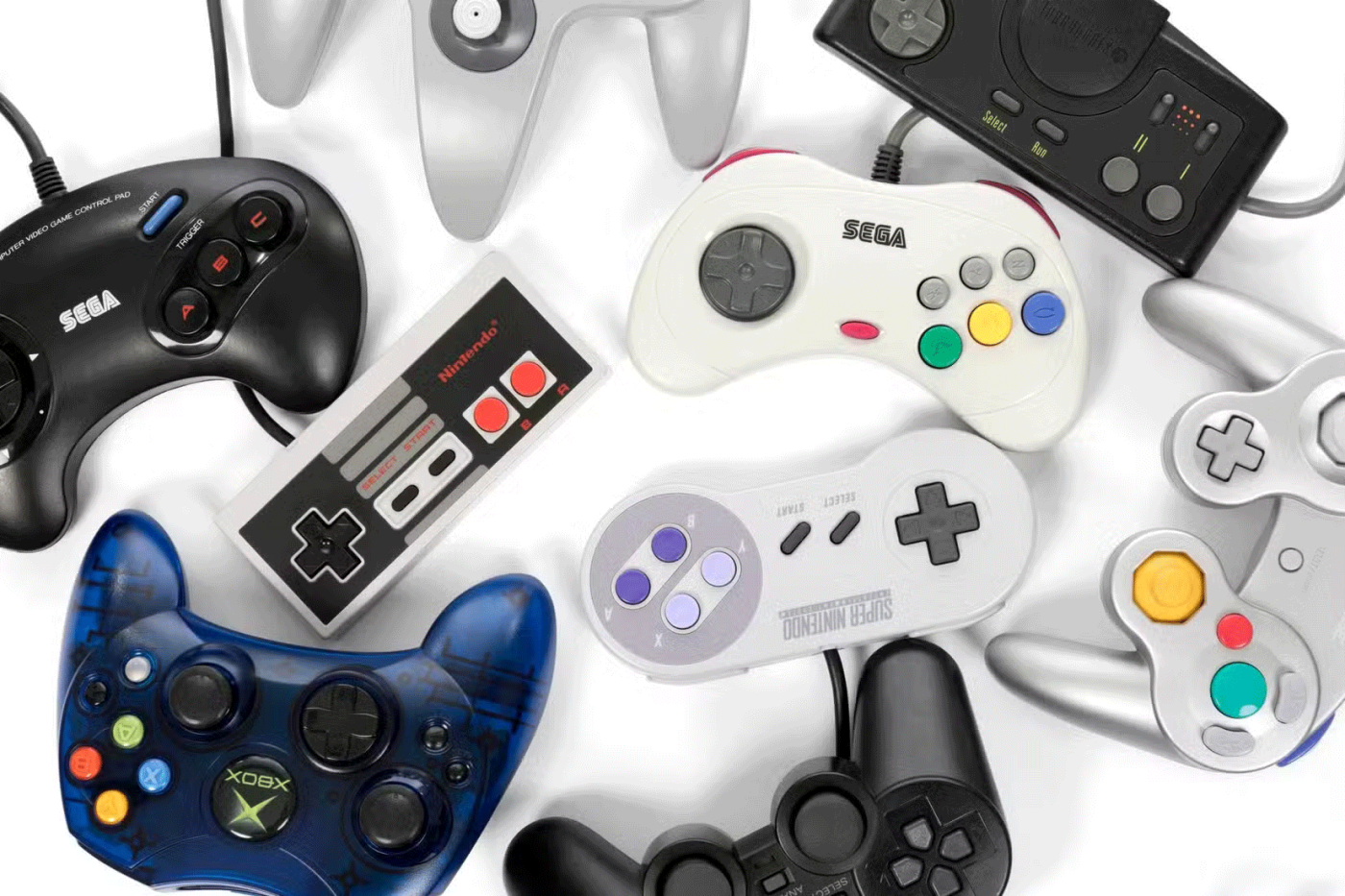
With each new generation of consoles, different companies would compete to be number one. In the early 2000s, the console wars took a major turn when Microsoft entered the fray with its first Xbox, challenging the long-standing dominance of Sony’s PlayStation 2 and Nintendo’s GameCube.
This era saw a surge in technological innovation, with Microsoft pushing the envelope of online gaming through Xbox Live. Sony took advantage of strong third-party support and a larger library of games, cementing its position as number one from the start. It was at this point that we began to see a major split in the fanbase.
Moving into the 2010s, the battle evolved with the Xbox 360 and PlayStation 3 offering high-definition experiences, while Nintendo carved out its own path with motion controls on the Wii. The console war also began to spill over into social media, moving away from more traditional internet forums.
Now, when it comes to who won the console wars back then, Sony arguably outdid its rival. The company sold over 87 million PS3s, while Microsoft sold just 84 million Xbox 360s. The gap between the Xbox One and PlayStation 4 was even wider in the mid-2010s, with Sony leading with over 100 million units sold, while Microsoft sold just over 50 million.
Sony's strategy focused on delivering a strong lineup of exclusive titles and a consumer-friendly approach. That resonated. The console's architecture also appealed to developers, resulting in a diverse lineup of high-quality games.
In contrast, Microsoft’s Xbox One faced challenges with its initial launch strategy and positioning, which were solved with initiatives like Xbox Game Pass, which have come to be appreciated over time. Sony essentially won the war, but Microsoft did not go quietly. Meanwhile, Nintendo began to avoid the console war and continued to do its own thing behind the scenes, leaving the other two rivals to fight each other.
Is the console war over?

There is a growing sense that the console wars are winding down. They are no longer dominated by fierce competition and clear winners, but by mutual respect. Each gaming giant is going its own separate way.
Microsoft has made a bold move by emphasizing accessibility and shifting more towards cloud gaming streaming services. With Xbox Game Pass, the company is redefining how gamers access content and prioritizing an inclusive network environment that brings games to everyone. When it comes to Xbox Series X|S, there seems to be less of a focus on exclusives, as regular Xbox games will also be released on PC.
Sony’s PlayStation, on the other hand, continues to offer premium gaming experiences. It still releases many PlayStation exclusives, but even Sony has softened its approach to such titles. More and more Sony titles are being released on PC after being released on PlayStation for a while. However, Sony’s PC releases often require you to have a PSN account, which isn’t well received by many gamers.
Meanwhile, Nintendo remains the exception, carving out a unique niche by tapping into the power of nostalgia.
Unlike its competitors, Nintendo has taken a Disney-style approach, treating its exclusive games like timeless masterpieces. Even years after their release, their games are priced the same as they were on day one, making them feel more premium than their competitors.
These wars spurred technological advancements, pushing consoles to new heights of realism and interactivity. The competition sparked creativity among developers, leading to a wider variety of innovative games and experiences. It also sparked fierce debates among hardcore gamers about which game was better, but this is no longer the case.
And while there is still competition, it can also be said that Xbox, PlayStation, and Nintendo now coexist, each excelling in areas that complement their unique vision, ultimately enriching the gaming world with diverse experiences.
As technology advances and consumer preferences change, this decline in antipathy suggests that collaboration and specialized niches will be the way to stand out, and a more comprehensive gaming ecosystem is in the making, putting an end to the console wars that once soured public opinion.
Walking into a casino has a specific vibe. You hear the chips clacking, see the cards shuffling, and feel the energy of the room.
There are many games that you can enjoy without Wi-Fi connection or data usage. If you are looking for such offline games then this article is for you.
In Lien Quan Mobile, there are many short terms that help you communicate quickly and effectively when competing. And now, Lien Quan Council will review the most basic terms for Generals to understand.
Blackjack is one of the most thrilling casino games around. You beat the dealer, not other players. However, did you know that the number of decks used can influence your chances of winning?
Thanks to Nintendo Switch Online, exploring hundreds of classic games on the NES, SNES, N64, Game Boy, and Sega Genesis has never been easier.
Before upgrading your memory, try the tweaks in this guide to improve game data loading times in Windows.
A good TV for gaming is judged on many factors. The biggest focus is on picture quality, contrast, color, accuracy, and one more factor is input lag.
Everyone loves getting something for free. However, when it comes to free mobile games, we all know that they aren't really free.
Error 500 is a familiar message that many players encounter when using the Epic Games Store.
Football Manager 2024 is available for free on the Epic Games Store until September 12 so you can download it to your computer.
Zombies have always been an attractive theme in PC games and horror movies. Game publishers have exploited this theme and achieved much success thanks to the zombie horror genre.
The game Tai Uong has now been officially released and allows players to download it on their computers via the game distribution platform Steam.
To play dinosaur game - T-rex Run on Chrome when offline and when online, you just need to follow these simple instructions. The lovely T-rex dinosaur will appear on the screen for you to start the game.
There has long been a debate among gamers about whether to use a laptop, desktop, or console for gaming. While each option offers its own benefits, gaming on a laptop stands out in a unique way.
If you're looking for a new experience, there are a few things to keep in mind before adding a mod to your game.
